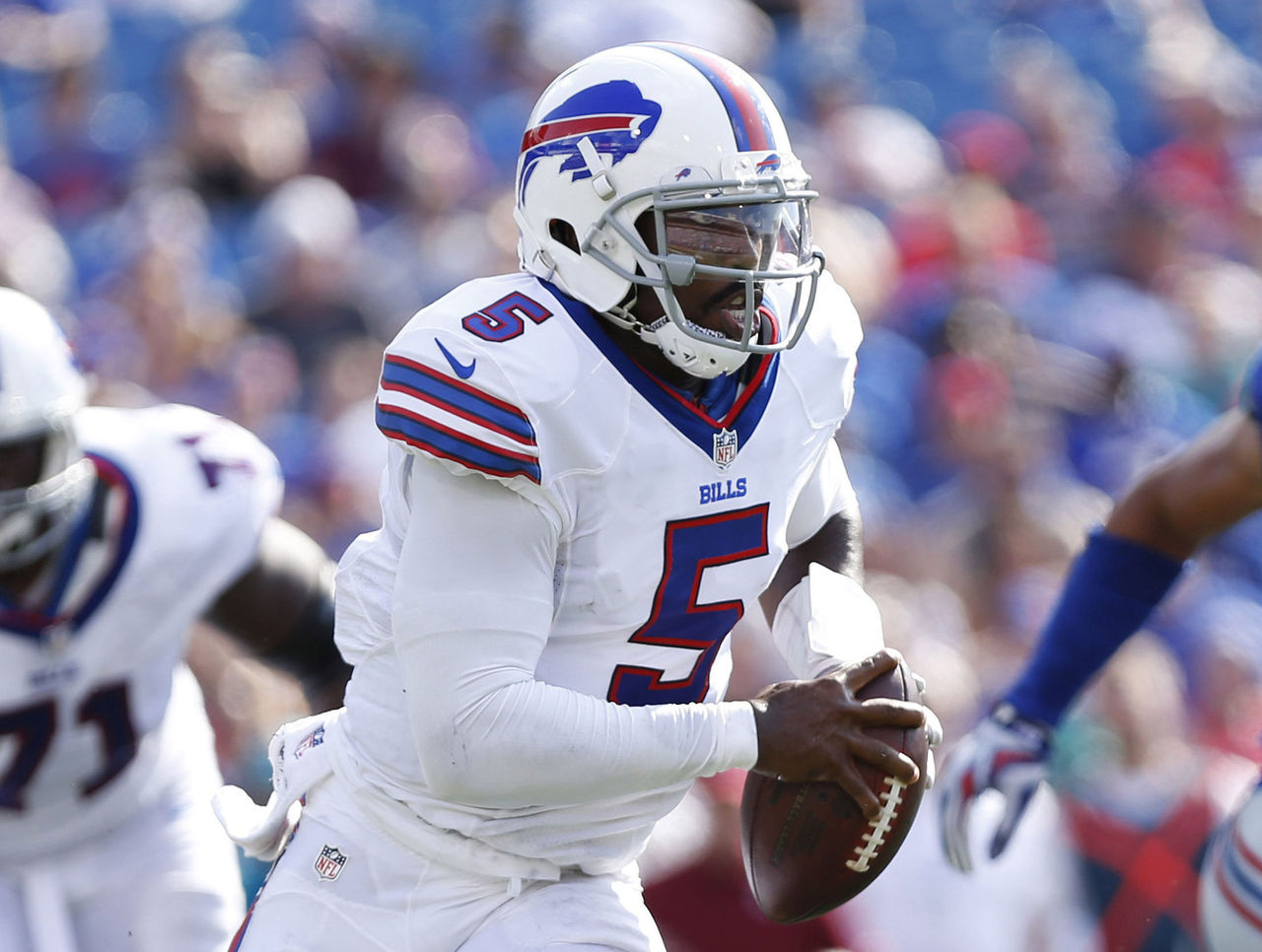Star power vs. balance in cash game lineups
Follow theScore's fantasy feed on Twitter (@theScoreFantasy) for the latest news, features and more.
The basic cash game strategy is to roster as many predictable, "high-floor" players as possible. But the desire to find stable options across the board is usually hindered by salary restrictions that don't allow you to do so.
As a result, many DFS players forego star players in order to draft a more balanced lineup. Star players simply take up too much salary and force you to roster cheaper and less reliable players - the antithesis of the cash game goal.
But is this strategy really the best way to go in cash games? Does rostering 10 average players really give you better chance than, say, a combination of two stars, two cheap options, and six average starters?
Unfortunately, there isn't really an answer to this question. DFS pricing and rosters are so volatile week-to-week and matchup-to-matchup that it seems somewhat impossible to statistically show which approach is best.
There are, however, some key themes that can influence which approach you should take each week and for each cash game roster you create.

Flexibility is key
Considering the volatility and week-to-week fluctuation of DFS pricing, adopting absolutist policies like a "no-stars" lineup seems futile. The ever-changing facets of DFS are what make the format so dynamic and isn't something you should fight against.
Player values change too often and too quickly that a "no-star" or "high-floor-only" strategy only limits your ability to capitalize on strong value plays or enticing matchups.
Having flexibility in terms of roster creation is a vital skill in any DFS format, whether it be cash game or GPP. While cash games prefer high-floor players, prospective player value can often throw a wrench in those plans as an under-priced star or a backup who is set to assume a starting role may allow you to create a stronger overall roster if you're willing to adjust.
When clear value is attainable, DFS players need to be willing to react accordingly, whether it means adding in a star player or rostering an unproven option. This doesn't mean foregoing high-floor players entirely, but rather that should a player's prospective value fit well into a cash game lineup, DFS players should be willing to make possible roster adjustments.

A "balanced, no-star" lineup is still volatile
By sacrificing star power, many cash game lineups end up comprised entirely of average to above-average players. The common theme among these rosters is the perceived consistency and reliability of each option.
Even with this strategy, DFS players are exposing themselves to risk. These lineups depend on 10 players producing their usual fantasy output with little room for error. So while you haven't put all your eggs in one basket, you have increased your risk of failure at each position by downgrading across the board. As well, you won't have the ceiling a star offers to make up for it.
Though these players are safer than bargain options, their dud potential can still derail a cash game lineup. By assessing players only on past performances, career reputations or perceived reliability, DFS players overlook the week-to-week nuances that make daily fantasy such a different game.
A cash game lineup with a star or two may force a bargain play into your lineup, but that one instance of increased risk could actually be safer than downgrading at two positions.

Identify value before saying "no" or "yes" to stars
With DFS salaries changing from week to week, players occasionally slip between the cracks in terms of their price reflecting their expected output. As a result, strong value plays or obvious fades become apparent each week. DFS players should look for these high value plays or obvious fades prior to constructing a cash game lineup.
Though cash games prefer predictability, these pricing mishaps often spawn from news that emerges late in the week or even game-day scratches. So while you may build a "no-star" cash game lineup on Friday, news on Saturday and Sunday could spontaneously change the value of numerous players, and you should be willing to react to these shifts.
One thing to keep in mind about these spontaneous value plays is that they don't hinder your ability to create a cash game lineup that either focuses on balance or one that implements some star power. Feel free to spend the extra cash on a star player or use it to upgrade at numerous positions. There is no set-in-stone strategy, only week-to-week environments to adjust to.